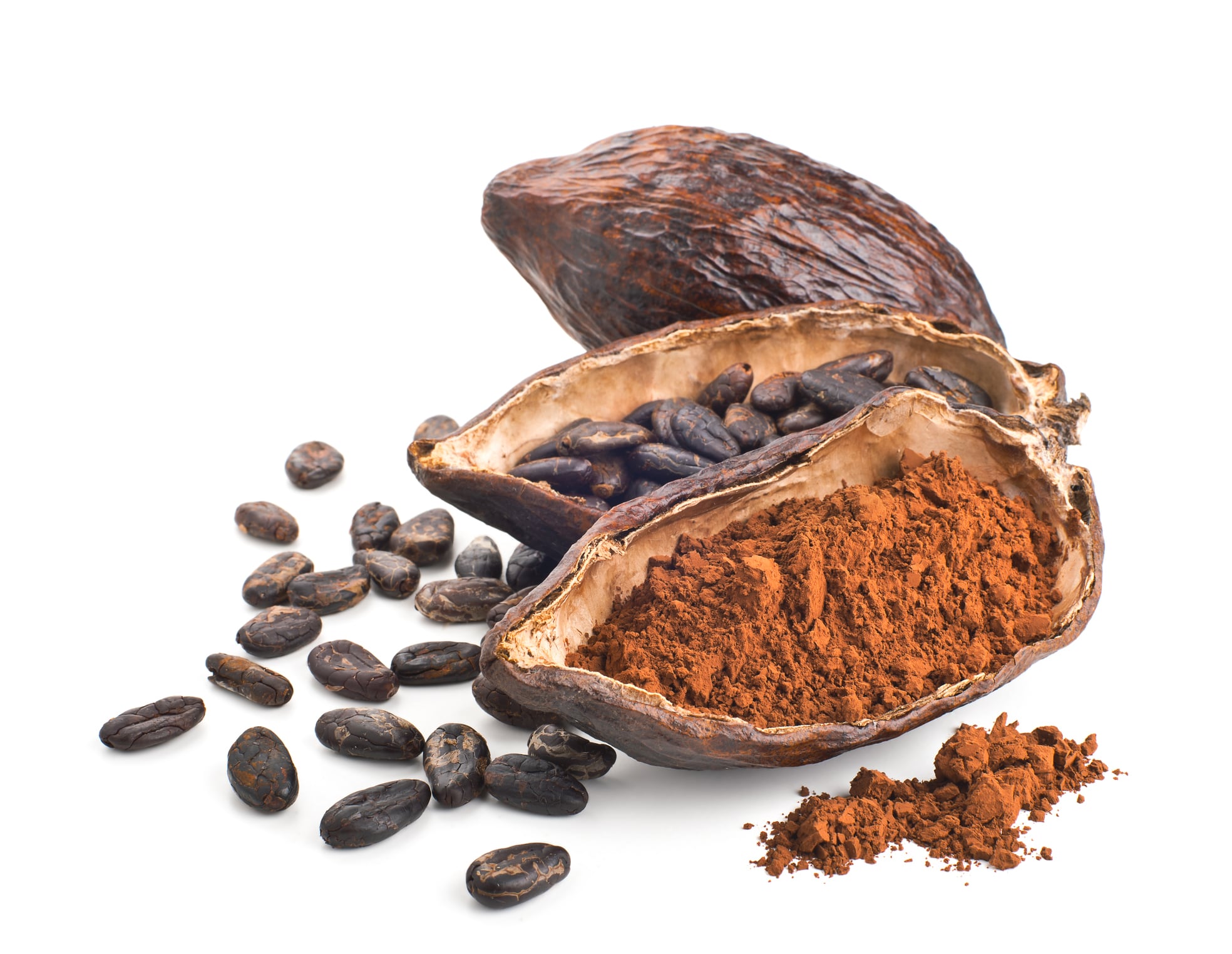Furthermore, they observed the frequency of CVD events - myocardial infarction (MI), stroke, coronary revascularisation, cardiovascular death, carotid artery disease - decreased by 10% among participants, and particularly in smokers, although this was not statistically significant, the authors note.
Self-reported flu-like symptoms and other headaches also fell by 5% and there was a larger 15% reduction in migraines among the treatment group.
Lead scientist Howard Sesso said: “When we look at the totality of evidence for both the primary and secondary cardiovascular endpoints in COSMOS, we see promising signals that a cocoa flavanol supplement may reduce important cardiovascular events, including death from cardiovascular disease.”
Medicinal properties
Flavonoids are naturally occurring polyphenolic compounds found in plant-based foods, including tea leaves, cocoa, grapes, wine, and chocolate.
Cocoa has a long history of medicinal use and potential health benefits relating to the flavanol and procyanidin content. The bean extract also contains methylxanthines (like theobromine and caffeine) which may enhance the positive effects on the vascular and central nervous system.
An association between chocolate intake and lower total and CVD mortality has been identified in cohort studies, with one noting a 14% reduction in incident CVD. However, the authors claim there are no large-scale trials on the effect of flavanol-rich cocoa extract containing all bioactive compounds of the cocoa bean on CVD outcomes.
Methodology
The randomised trial tested a cocoa extract supplement and a multivitamin on older male and female subjects to evaluate the preventative effects on CVD and cancer, with a specific focus on the cocoa extract. Volunteers were free of major CVD and recently diagnosed with cancer.
A total of 21,442 participants were screened for eligibility and assigned to one of four intervention or placebo groups: active cocoa extract and active multivitamin, active cocoa extract and multivitamin placebo, active multivitamin, and cocoa extract placebo, or both placebos.
The prescribed intake was two capsules per day for the trial period from June 2025 to December 2020.
Cocoa extract capsules (500mg) were supplied by Mars Edge and the multivitamin supplement (Centrum Silver) by GlaxoSmithKline.
Follow-up questionnaires were completed at six months and 12 months and semi-annually thereafter, to assess compliance with treatments, use of non-trial cocoa supplements and/or multivitamins, potential side effects of the interventions, updated medical history, and other relevant lifestyle, clinical, and dietary risk factors.
Outcomes
Overall, participants taking the cocoa supplement experienced no significant benefit on total cardiovascular events. CVD death was significantly reduced, but there were no significant reductions observed for myocardial infarction (MI), stroke, and revascularisations.
While there were fewer total deaths for those taking cocoa extract (353 deaths) versus placebo (397 deaths), the mortality rates were not significantly different.
Smokers of 100 or more cigarettes demonstrated reduced total CVD events whereas there was no significant effect among ‘never smokers’.
Supplementation had no effect on total and site-specific cancers even though several mechanisms have been proposed for flavanols on the inhibition of proliferation, inflammation, invasion, metastasis, and activation of apoptosis.
Finally, those taking the active cocoa extract supplement were 6% more likely to have nausea, although treatment was broadly well tolerated.
Follow-up
The researchers claim the COSMOS was unique in that it tested cocoa extract, rather than just cocoa flavanols, and was also the longest and only trial to date testing long-term cocoa extract supplementation on clinical events.
Moreover, the supplement format avoided the risks association with food-based cocoa interventions highly susceptible to variations in flavanol, theobromine, and other bioactive compounds.
Nevertheless, the short duration of follow-up limited the author’s ability to evaluate cancer endpoints, given the long trial duration typically required for nutritional interventions to reduce cancer risk. Longer-term follow-up and mechanistic studies are therefore recommended.
Source: Brigham and Women’s Hospital
Published online: BWH Press Release - Brigham and Women's Hospital
‘Effect of Cocoa Flavanol Supplementation for Prevention of Cardiovascular Disease Events: The COSMOS Randomized Clinical Trial’
Howard D. Sesso, ScD, MPH et al




